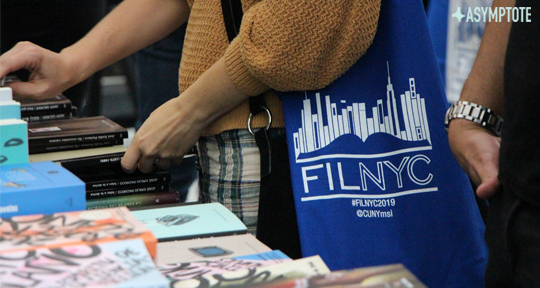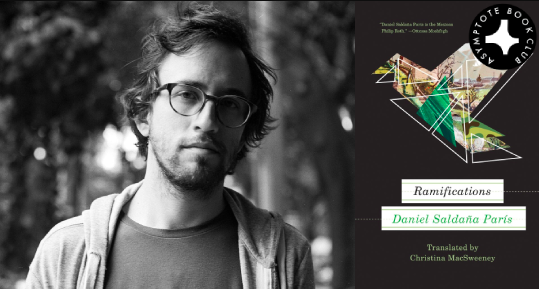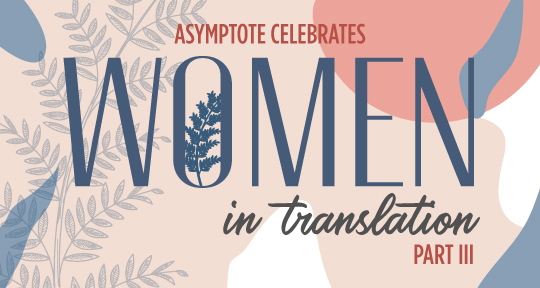The latest in literary news from around the world, brought to you by our team on the ground. Read on to find out what fellow lovers of letters are up across the globe, from festivals to new publications.
Josefina Massot, Editor-at-Large, reporting from Argentina
In just under a decade since its inception, Argentina’s annual Feria de Editores has become a literary staple. Last weekend, defying the country’s dire economic situation, a record-breaking 18,000 readers packed the halls of Chacarita’s Art Media Complex to purchase titles from over 250 local indie presses, as well as a few dozen others from all corners of the Spanish-speaking world. This year, works in translation featured heavily among the fair’s bestsellers; they included Alejandra Pizarnik’s rendition of Marguerite Duras’s La vie tranquille for Mardulce, Canadian-American Rivka Galchen’s Everyone Knows Your Mother Is a Witch (Todo el mundo sabe que tu madre es una bruja) for Fiordo, American Kelly Link’s fiction in Tomás Downey’s translation for Evaristo, and Italian Davide Sisto’s Posteridades digitales for Katz. Local writers in attendance featured Claudia Piñero, Martín Kohan, Marina Yuszczuk, Hernán Ronsino, and Yamila Bêgné, among many others. Meanwhile, author Margo Glantz traveled all the way from her native Mexico to chat with journalist Demian Paredes on Sunday night, thus wrapping up one of the fair’s most successful editions yet.
Right as one literary feast came to an end, another one kicked off: now in its second edition, the Festival Borges has been hosting talks by major “Georgie geeks” throughout the week. On Monday, writer and physicist Alberto Rojo discussed the relationship between some of Borges’s fictions and quantum theory. Yesterday, academic Lucas Adur tackled Borges’s proximity to pop culture, challenging the perception that he was a solemn writer; Federico Favelli posited some bold parallelisms between the story “Tlön, Uqbar, Orbis Tertius” and some musical pieces from the nineteenth and twentieth centuries. Later today, renowned critic Beatriz Sarlo will discuss Borges’s hybrid nature as a worldly and peripheral figure —one steeped in the Western canon while also writing from (and about) marginal South America. One thing is clear: despite decades of avid exploration, the Borgesian cosmos remains as vast as ever.
Andriana Hamas, Editor-at-Large for Bulgaria, Reporting from Bulgaria
The recent heat wave that distorted daily life for many people around the globe didn’t fail to reach Bulgaria as well. The lucky ones, however, had already traveled to the seaside, where the locals usually prefer to spend the scorching summers. For them, the past two weeks at the shores of the Black Sea turned out to be not only a relief but also an opportunity to catch up on some reading, as the city of Varna hosted the much anticipated thirteenth edition of The Book Alley festival, organized by the Bulgarian Book Association. The event welcomed more than sixty publishers who, in addition to offering a wide selection of titles, engaged the public in a few charming initiatives. READ MORE…











